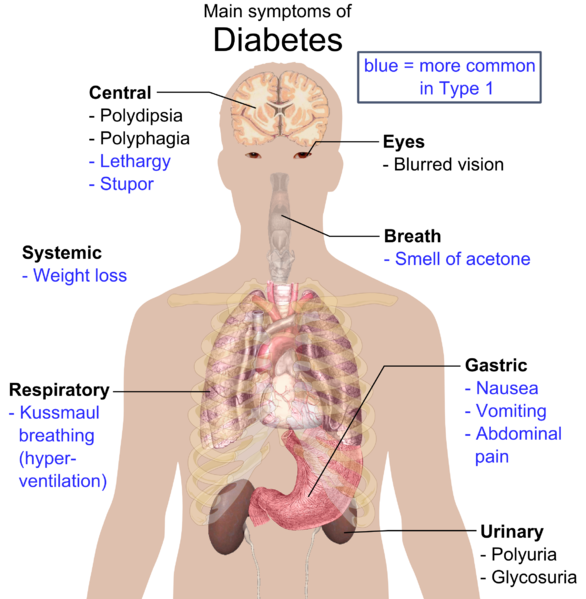
Tips to Avoid or Delay Developing Full-Blown Diabetes
The global rise in diabetes cases is concerning, particularly because many individuals remain unaware of their condition. This ignorance can be devastating, as early intervention can significantly reduce the severity of diabetes symptoms or even prevent the disease altogether. By recognizing early signs and making necessary lifestyle changes, it’s possible to delay or avoid the full onset of diabetes. Below are some key tips and information on how to prevent the progression of diabetes.
1. Recognizing Changes in Lifestyle Patterns
One of the first signs of diabetes is a shift in drinking and eating habits. As blood glucose levels rise, the viscosity of the blood increases. This causes the body’s cells to lose moisture, triggering signals of dehydration to the brain. As a result, many individuals with diabetes experience excessive thirst, known as polydipsia. Even if they drink large quantities of water, they may still feel parched.
Similarly, individuals may begin to experience polyphagia, or an uncontrollable hunger. This constant hunger leads to overeating, particularly cravings for sugary foods. If you notice such patterns, it may be an indication of an underlying issue that could lead to diabetes.
2. Physiological Changes and Frequent Urination
Increased blood glucose concentration can have significant effects on the body’s physiology. One common symptom of diabetes is frequent urination. The kidneys work to eliminate the excess glucose from the bloodstream, leading to the production of more urine. If you find yourself needing to urinate more frequently than usual, it could be an early warning sign.
Additionally, despite consuming more food, people with diabetes may still experience unintended weight loss. This occurs because the body is unable to utilize glucose for energy and instead breaks down fat and proteins for fuel.
3. Neurological and Behavioral Changes
Diabetes can also impact an individual’s neurological functions. Common symptoms include:
- Fatigue: Feeling constantly tired, even after sufficient rest.
- Mood swings: Experiencing irritability or sudden emotional changes.
- Sleep issues: Difficulty falling asleep or staying asleep, leading to excessive daytime drowsiness.
- Numbness: A tingling or numb sensation in the limbs, often linked to nerve damage caused by prolonged high blood sugar levels.
If you or someone you know experiences these signs, it is important to seek medical attention, as these can be early indicators of diabetes.
4. Increased Risk of Infections
Diabetes can weaken the immune system, making individuals more susceptible to infections. Common infections include:
- Oral infections: Such as gum diseases and frequent mouth ulcers.
- Skin infections: Including bacterial infections due to poor circulation and slow wound healing.
- Bladder and vaginal infections: Caused by yeast, a bacterium that thrives in sugar-rich environments.
Because diabetes can impair the body’s ability to heal, infections may take longer to resolve. If you notice persistent infections or slow-healing wounds, it could be a sign of diabetes-related complications.
5. Blurry Vision and Eye Issues
Elevated blood sugar levels can affect the physiology of the eyes, leading to blurry vision. If your vision changes unexpectedly, it’s essential to consult a healthcare provider. Poor blood glucose control can also increase the risk of more serious eye complications, such as diabetic retinopathy.
6. Taking Preventive Measures
If you notice any of the early signs of diabetes, it’s crucial to take immediate steps to prevent the condition from worsening. Here are a few steps you can take:
- Dietary changes: Focus on a balanced diet with low sugar intake and regular meals.
- Physical activity: Exercise helps to regulate blood sugar levels and maintain a healthy weight.
- Regular health check-ups: Monitor your blood sugar levels regularly, especially if you have a family history of diabetes.
- Hydration: Drinking plenty of water can help to reduce the impact of elevated blood sugar.
By addressing these early warning signs and making lifestyle changes, you can avoid or delay the progression of diabetes and its associated complications.
Being proactive about understanding the early signs of diabetes is essential. With early detection and lifestyle changes, you can reduce the risk of developing full-blown diabetes and improve your overall health.